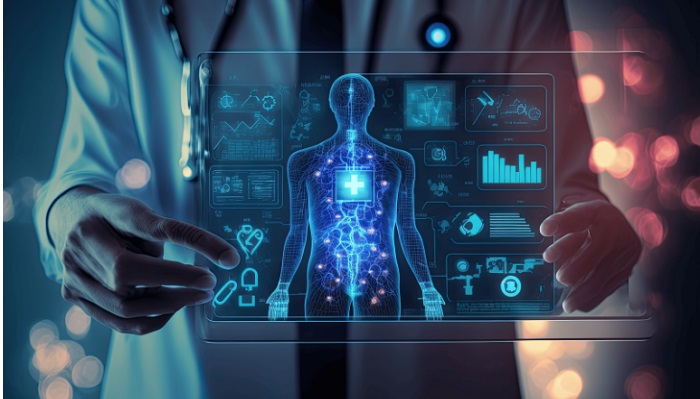Ahead of World Health Day falling on April 7, 2024, which is focused on My Health, My Right, the World Health Organization- WHO has gone on to announce the launch of S.A.R.A.H., which happens to be a digital health promoter prototype that has enhanced empathetic response and is powered by generative artificial intelligence- AI.
S.A.R.A.H. is the Smart AI Resource Assistant for Health that represents an evolution when it comes to AI-driven health information avatars by way of using new language models as well as cutting-edge technology. It can go ahead and engage users 24 hours a day, and that too in 8 languages on multiple health topics across any device.
This digital health promoter from WHO is trained to go ahead and offer information across major health topics, such as healthy habits and mental health, in order to help people optimize their health as well as their well-being journey. It looks to provide additional tools for people in order to realize their rights to health, wherever they happen to be.
S.A.R.A.H., also called Sarah, has the ability to support people when it comes to developing a better understanding of risk elements for some of the major causes of death in the world, such as heart disease, cancer, lung disease as well as diabetes. She can enable people to access up-to-date information in terms of quitting tobacco, being active, getting prone to a healthy diet, and de-stressing, among many other things.
According to General Dr. Tedros Adhanom Ghebreyesus, WHO Director, the future of health is indeed digital, and supporting nations so as to harness the power of digital technologies for health happens to be a priority for WHO. S.A.R.A.H. gives a glimpse of how artificial intelligence can be used in the future in order to improve access to health information, and that too in a more interactive way. He added that he calls on the research community to go ahead and help them continue to discover as to how this technology could as well narrow inequities and help people access up-to-date, dependable health information.
S.A.R.A.H. happens to be now powered by generative AI and not a pre-set algorithm or script, helping her to offer more accurate responses and that too in real-time; engage in dynamic, customized conversations at scale that go on to offer accurately mirror human interactions as well as also provide nuanced, empathetic responses to the users in an environment that’s judgment-free. The technology happens to be supported by Soul Machines Biological AI.
WHO, apparently, asks for continued research pertaining to this kind of new technology so as to explore potential benefits when it comes to public health as well as to better comprehend the challenges. While AI happens to have enormous potential to strengthen public health, it at the same time also raises quite significant ethical concerns such as equitable access, privacy, safety, accuracy, data protection, and, of course, bias.
Continuous evaluation as well as refinement as part of this project stresses WHO’s dedication to bring health information much closer to people while at the same time also maintaining the highest standards in terms of ethics along with evidence-based content. Developers, policymakers, and health care providers are required to address these ethics as well as human rights issues when developing and rolling out AI to make sure that all people can go on to benefit from it.
The S.A.R.A.H. project pushes for continuous learning as well as the development of a prototype that can go ahead and inspire dependable, mature, and also an accessible information.
It is well to be noted that the previous iterations of S.A.R.A.H. happened to be used to disseminate critical public health messages under the Florence name during the COVID-19 pandemic pertaining to the virus, tobacco use, vaccines, healthy eating, as well as physical activity.
The fact is that WHO continues to make use of many digital tools along with channels to rollout and amplify health information, such as the use of social media, channels, chatbots, and text messaging.


















